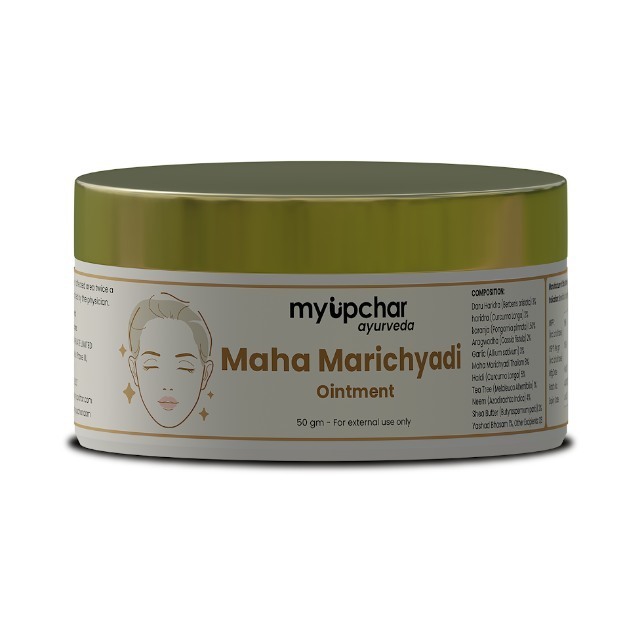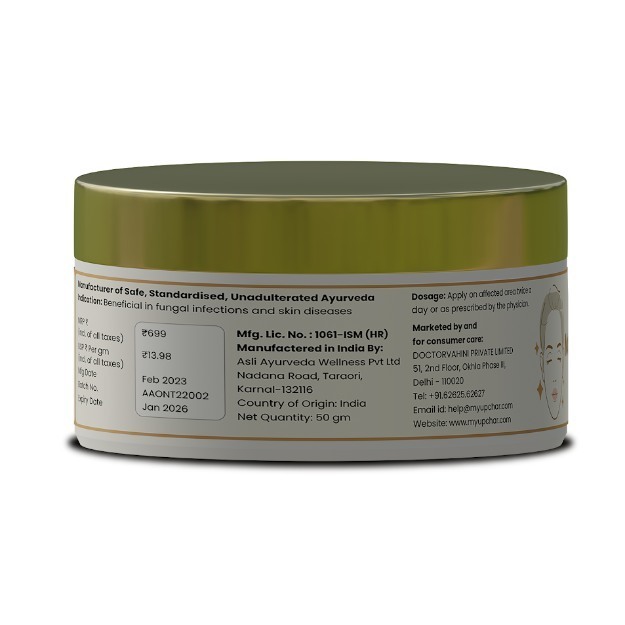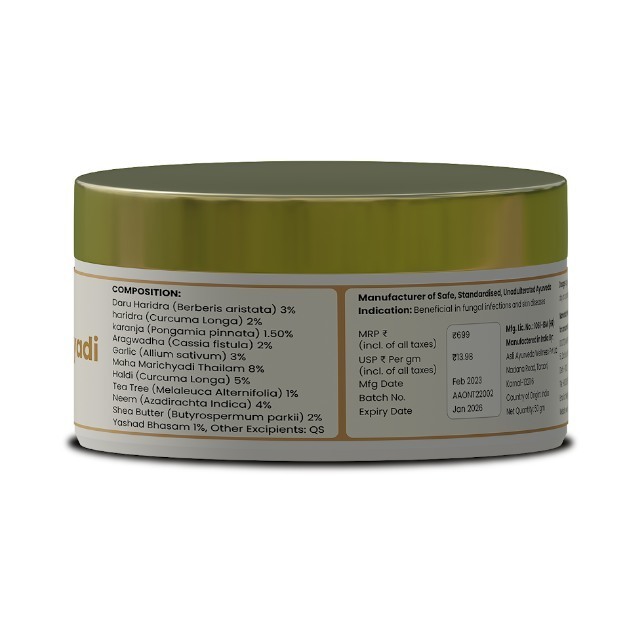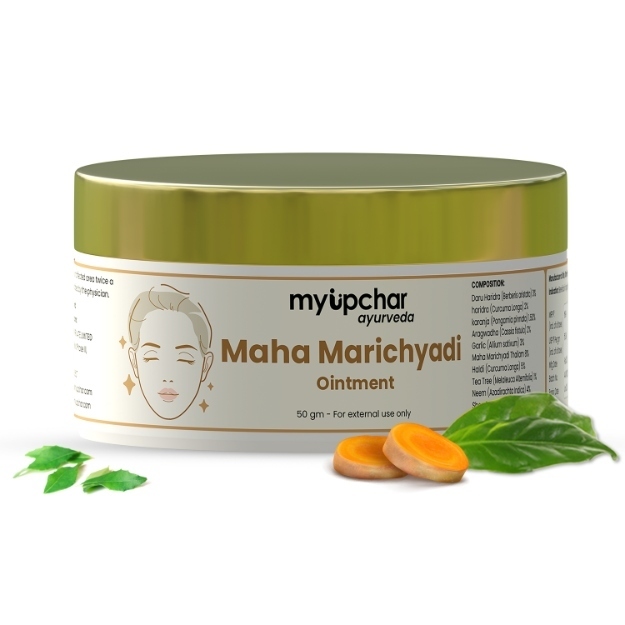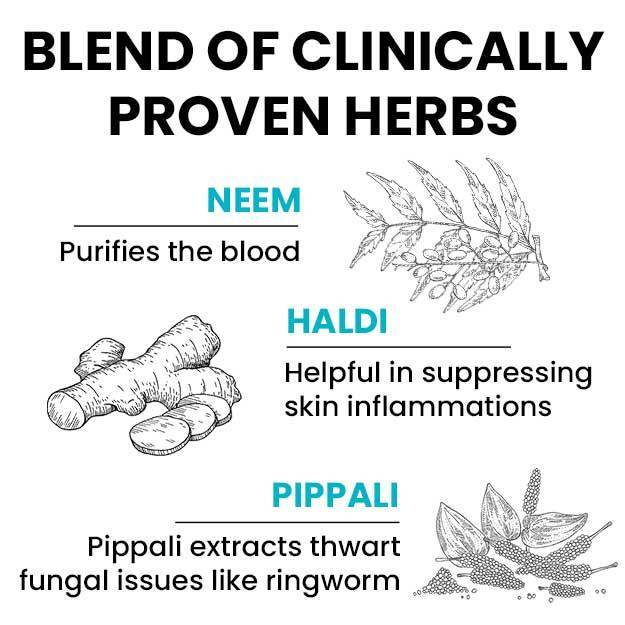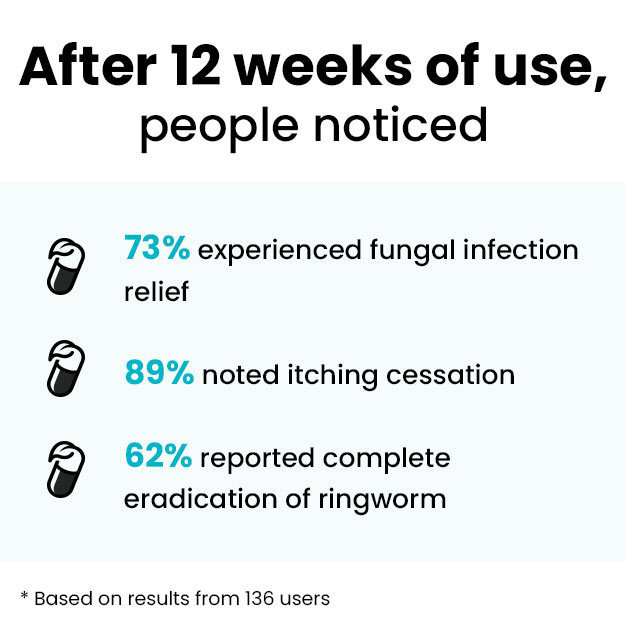Cancer is an uncontrolled growth of cells in the body. The abnormal mass of cells or tumour that forms may remain confined to the location of its origin (cancer in situ) or invade the neighbouring tissues (invasive or malignant). Sometimes, cells from the tumour enter the bloodstream and spread to various parts of the body - this is known as metastasis of cancer. Cancer can occur in different parts of the body, such as the breasts, lungs, cervix, uterus, prostate and urinary bladder. Depending on its intensity of growth and spread, cancer is graded and staged on a numerical scale to help in deciding the most suitable treatment.
The common risk factors associated with cancer include excessive use of tobacco and alcohol, exposure to chemicals, infections and heredity. Loss of appetite, appearance of a lump or nodule, abnormal bleeding during monthly periods, change in bowel habits and unexplained weight loss are some of the symptoms of cancer. The standard measures to treat cancer are chemotherapy, radiation and surgery.
Troubled by obesity? Failed to lose weight? Now control weight easily by myUpchar Ayurveda Medarodha Weight Control Tablet. Get started today and take steps towards a healthy life.
Homeopathy helps in the initial stage of cancer. In advanced and terminal stages of cancer, homeopathic medicines work as a palliative to decrease the intensity of painful symptoms. Homeopathic medicines can be used along with anti-cancer medicines (it is advisable to continue conventional medicine and treatment). Some of the commonly used homeopathic medicines in the treatment of cancer are arsenicum album, calcarea carbonicum, condurango, conium maculatum, hydrastis canadensis, lachesis, lycopodium clavatum, phytolacca decandra and thuja occidentalis.
- Homeopathic medicines for Cancer
- Lifestyle and dietary changes for cancer patients according to homeopathy
- How effective are homeopathic medicines and treatments for cancer
- Side effects and risks of homeopathic medicines and treatments for cancer
- Takeaway
Homeopathic medicines for Cancer
Different homeopathic medicines are used as constitutional medicines and as remedies specific to the cancer of a particular organ.
-
Sabal Serrulata
Common Name: Saw palmetto
Symptoms: This is a specific remedy used in the treatment of disorders related to the bladder, prostate gland and breasts. It is used to treat the following symptoms:- Prostate cancer
- Enlarged prostate, which leads to infection in the urinary bladder
- Continuous urge to pass urine, especially at night
- Involuntary passage of prostatic fluid
- Increased sexual drive
- The symptoms are stronger early in the morning just after waking up, and become less pronounced during sleep
A study found that sabal serrulata can reduce cell proliferation and tumour growth in lab animals (mice) with prostate cancer and in human prostate cancer cells.
Another study showed that sabal serrulata prevented the progress of cancer in lab rats. The study also showed that rats which were injected with chemicals to induce prostate cancer, were better able to resist the disease when given sabal serrulata.
-
Ruta Graveolens
Common Name: Rue bitterwort
Symptoms: Ruta graveolens is used in the treatment of ligament sprain and muscle injury. The following symptoms are managed with this remedy:- Cancer of the large intestine, kidney cancer and bladder cancer
- Severe weakness, laziness and depression
- Restlessness associated with pain
- All the complaints are aggravated in cold and damp weather, and with touch and pressure
- Pain in the back (associated with cancer of the kidneys) reduces when lying down on the back or the painful area
A study showed that ruta graveolens in combination with the homeopathic biochemical medicine calcarea phosphorica causes death of cancer cells in people suffering from brain cancer and protects normal cells during the treatment, unlike chemotherapy and radiation, which destroy normal cells along with cancer cells. Similar results have been obtained with treatment of different types of cancer cells in laboratories.
A study showed that ruta graveolens decreased the size of liver tumour in mice which were injected with a special chemical to cause cancer. The study also showed that ruta graveolens decreased the chances of cancer in soft tissues such as ligaments and muscles (sarcoma) in the mice and increased their lifespan.
-
Lycopodium Clavatum
Common Name: Club moss
Symptoms: This medicine works best in people who are intelligent but tend to become sad due to their sensitive nature. They suffer from problems related to digestion such as bloating, excessive gas formation in the abdomen and liver disorders. The following symptoms are managed with this remedy:- Cancer of the liver and lungs
- Strong tendency for symptoms to develop in the right side followed by the left side of the body
- Tendency to be gassy and experience bloating sensation in the abdomen
- Excessive gas in the abdomen after eating a small quantity of food
- Preference for warm food and drinks
- All types of complaints are aggravated between 4 pm and 8 pm and from heat (except stomach and throat complaints)
- Symptoms improve from exposure to cold, heat or warmth for abdominal symptoms, after midnight and by movement
A research study showed that lycopodium clavatum could prevent the spread (metastasis) of cancer in mice which were injected with melanoma (skin cancer) cells.
Another study showed that lycopodium clavatum was effective in reducing the size of lung tumours and decreasing the levels of liver enzymes - which are typically elevated in cancer of the stomach and liver.
Lycopodium clavatum has also been observed to be active against cervical cancer cells in the laboratory.
Yet another research study showed that lycopodium clavatum can be helpful in relieving distress symptoms of terminal stage cancer in a person suffering from adenocarcinoma (cancer of the glands).
Another research study showed positive effects of lycopodium clavatum in the treatment of vestibular schwannoma (a non-cancerous tumour on the main nerve going from the inner ear to the brain). Lycopodium clavatum decreased the symptoms of roaring sound in the ears and dizziness, according to this study.
-
Pulsatilla Nigricans
Common Name: Windflower
Symptoms: This homeopathy medicine works best for women who are mild, sensitive, cry easily and are yielding in nature. It is a constitutional homeopathic medicine useful in the treatment of various disorders, including cancer. It helps manage the following symptoms:- Symptoms that have a tendency to change frequently, such as pain changing sides
- Feeling better in the open air despite feeling cold easily
- Dryness of mouth but no desire to drink water
- Symptoms worsen with fatty foods, heat and lying on the side which is not painful
- Symptoms reduce in open air and after cold food or drinks
A research study showed that pulsatilla nigricans was effective in decreasing the size of a breast tumour (breast fibroadenoma) in an 18-year-old woman.
-
Conium Maculatum
Common Name: Poison hemlock
Symptoms: Conium maculatum works best for women who have strong muscles and are sensitive in nature and for old people who are weak and exhausted and suffer from disorders of the nervous system. Some of the symptoms treated using this remedy are:- Cancer of the breasts and thyroid glands
- Severe weakness of mind and trembling of body
- Stitching pain with increase in the size of the breast in breast cancer
- Hard nodules in the breast
- Cancer of the cervix
- Pain associated with cancer is aggravated before and during the monthly periods and relieved by application of pressure
A research study showed that conium maculatum stops the growth of cervical cancer cells in the laboratory.
According to multiple research studies, other homeopathic remedies helpful in the treatment of different types of cancer include phytolacca decandra, thuja occidentalis, condurango, sulphur, psorinum, carcinosin, hydrastis canadensis and arsenicum album.
Lifestyle and dietary changes for cancer patients according to homeopathy
The things we do every day have an impact on the effectiveness of homeopathic medicines. Follow these dos and don’ts advised by Dr Samuel Hahnemann, the founder of homeopathy, to ensure optimal benefits while taking homeopathic medicines:
Do’s
- Follow a diet which is rich in nutrients
- Keep the mind active by reading informative books and articles
- Include moderate exercise in fresh air in your daily routine
Don’ts
- Avoid stimulants such as coffee and soups made from herbs and vegetables which have medicinal effects
- Avoid food items that contain artificial flavours and colours
- Avoid eating spoiled vegetables and animal products
- Avoid excessive salt and sugar in the diet
- Avoid overeating
- Refrain from using strong-smelling room fresheners and perfumes
- Avoid staying in unhealthy and damp places
- Avoid a sedentary lifestyle
- Avoid events that trigger anger, grief, depression and other negative emotions
How effective are homeopathic medicines and treatments for cancer
Homeopathy is based on the law of similars. The idea is that a substance which produces the symptoms of a disease in a healthy person, can also treat the disease in a sick person. A qualified homeopathic physician selects a remedy with a symptom picture that matches the characteristic symptoms of the patient.
Cancer belongs to the sycotic miasm, which implies abnormal growth of cells in the body. Miasm is the inborn tendency of an individual to contract a particular disease. Miasm also plays an important role in the selection of a suitable homeopathic remedy for the treatment of cancer.
According to several research studies, homeopathic medicines can be effective in the treatment of the initial stage of cancer (precancerous stage). Studies show that homeopathic medicines can improve the patient’s quality of life, increase life expectancy, prevent the spread of cancer and decrease the painful side effects of anti-cancer treatments such as chemotherapy and radiation. A research study showed that homeopathic medicines are also successful in reducing pain, fatigue and hot flashes in women after surgery for breast cancer. Some of these medicines are calcarea carbonica, lachesis, sepia, kali carbonicum and sulphur.
Side effects and risks of homeopathic medicines and treatments for cancer
Research has shown that homeopathic medicines are safe and have no side effects. Further, they can be helpful in the treatment of side effects associated with anti-cancer therapy. In 2004, a study with 25 breast cancer patients found that homeopathic medicines could help reduce itching of the skin caused by radiation therapy. However, it is essential to start homeopathic treatment under the supervision of a qualified homeopathic physician, as homeopathic medicines may occasionally produce certain symptoms when they are not prescribed in an appropriate dose.
Takeaway
- Homeopathy can help in the treatment of cancer in the initial stage. Homeopathic medicines can also act as a palliative to reduce the intensity of symptoms in the later stages of cancer. According to research studies, homeopathic medicines in combination with standard anti-cancer therapy are helpful in reducing pain and discomfort in the terminal stages of cancer
- Medicines prescribed by a qualified homeopathic physician don’t have side effects - they can even help to relieve some of the side effects of conventional treatments like radiation therapy
- A research study showed that homeopathic medicines may be better at reducing weakness and psychological stress compared with conventional cancer treatments. However, there were certain limitations to the study. Firstly, the number of patients available for the study was insufficient for comparing the effects of homeopathic medicines and standard anti-cancer medicines in the treatment of cancer. Secondly, patients on homeopathic care had received chemotherapy and radiation therapy for a long period before receiving homeopathic medicines
- There are very few studies being conducted to observe the effects of homeopathic medicines in the treatment of cancer in humans. Hence, it is difficult to conclude that homeopathic medicines are effective in the treatment of cancer as a standalone therapy
References
- National Institutes of Health (US); Biological Sciences Curriculum Study. NIH Curriculum Supplement Series [Internet]. Bethesda (MD): National Institutes of Health (US); 2007; Understanding Cancer.
- National Health Service [Internet]. United Kingdom; Overview: Cancer.
- Central Council for Research in Homeopathy, Ministry of AYUSH. Standard Treatment Guidelines in Homeopathy. 2016
- John Henry Clarke. Sabal Serrulata. A Dictionary of Practical Materia Medica. 2000. Médi-T.
- William Boericke. Sabal Serrulata. Homeopathic Materia Medica. 1999. Médi-T.
- Saeed Ahmad, Tayyeba Rehman and Waheed Mumtaz Abbasi. Homoeopathic approach for the treatment of cancer. Indian Journal of Research in Homeopathy 2018; 12(3): 157-163.
- Rostock M, Naumann J, Guethlin C, Guenther L, Bartsch HH, Walach H. Classical homeopathy in the treatment of cancer patients - a prospective observational study of two independent cohorts. BMC Cancer. 2011;11(19).
- MacLaughlin BW, Gutsmuths B, Pretner E, Jonas WB, Ives J and Kulawardane DV, Amri H. Effects of homeopathic preparations on human prostate cancer growth in cellular and animal models. Integrative Cancer Therapies. 2006; 5(4): 362-72.
- John Henry Clarke. Ruta. A Dictionary of Practical Materia Medica. 2000. Médi-T.
- William Boericke. Ruta Graveolens. Homeopathic Materia Medica. 1999. Médi-T.
- Sen Pathak, Asha S. Multani, Pratip Banerji and Prasanta Banerji. Ruta 6 selectively induces cell death in brain cancer cells but proliferation in normal peripheral blood lymphocytes: A novel treatment for human brain cancer. International Journal of Oncology 2003; 23: 975-982.
- Hari Kumar KB et al. Inhibition of Chemically Induced Carcinogenesis by Drugs Used in Homeopathic Medicine. Indian Journal of Research in Homeopathy 2009; 3(3): 1-6
- William Boericke. Lycopodium Clavatum (Club Moss). Homeopathic Materia Medica. 1999. Médi-T.
- Girish Gupta, Naveen Gupta and Dileep Pandey. An evidence-based case of acoustic/vestibular schwannoma. Indian Journal of Research in Homeopathy 2015; 9(1): 49-54.
- William Boericke. Pulsatilla Pratensis (Windflower). Homeopathic Materia Medica. 1999. Médi-T.
- Suraia Parveen. Individualized homoeopathic treatment of breast fibroadenoma: A case report. Indian Journal of Research in Homeopathy 2018; 12(1): 46-52
- EA Thompson and D Reillly. The homeopathic approach to symptom control in the cancer patient: a prospective observational study. Palliative Medicine. May 2002;16(3): 227-33.
- William Boericke. Conium Maculatum (Poison Hemlock). Homeopathic Materia Medica. 1999. Médi-T.
- Constantine Hering. Conium Maculatum. The Guiding Symptoms of our Materia Medica. 2002. Médi-T.
- Ellanzhiyil Surendran Sunila, Ramadasan Kuttan, Korengath Chandran Preethi and Girija Kuttan. Dynamized Preparations in Cell Culture. Evidence-based Complementary and Alternative Medicine 2007; 6 (2): 257-63.
- Samuel Hahnemann. Aphorism 259 to 261. Organon Of Medicine. 6th edition. 1921.
- Schlappack O. Homeopathic treatment of radiation induced itching in breast cancer patients. A prospective observational study. Homeopathy, 2004; 93: 210-215
- Cancer Research UK [Internet] London, United Kingdom; Homeopathy.
- E. Ernst. Homeopathy for cancer? Current Oncology 2007;14(4): 128-130.





